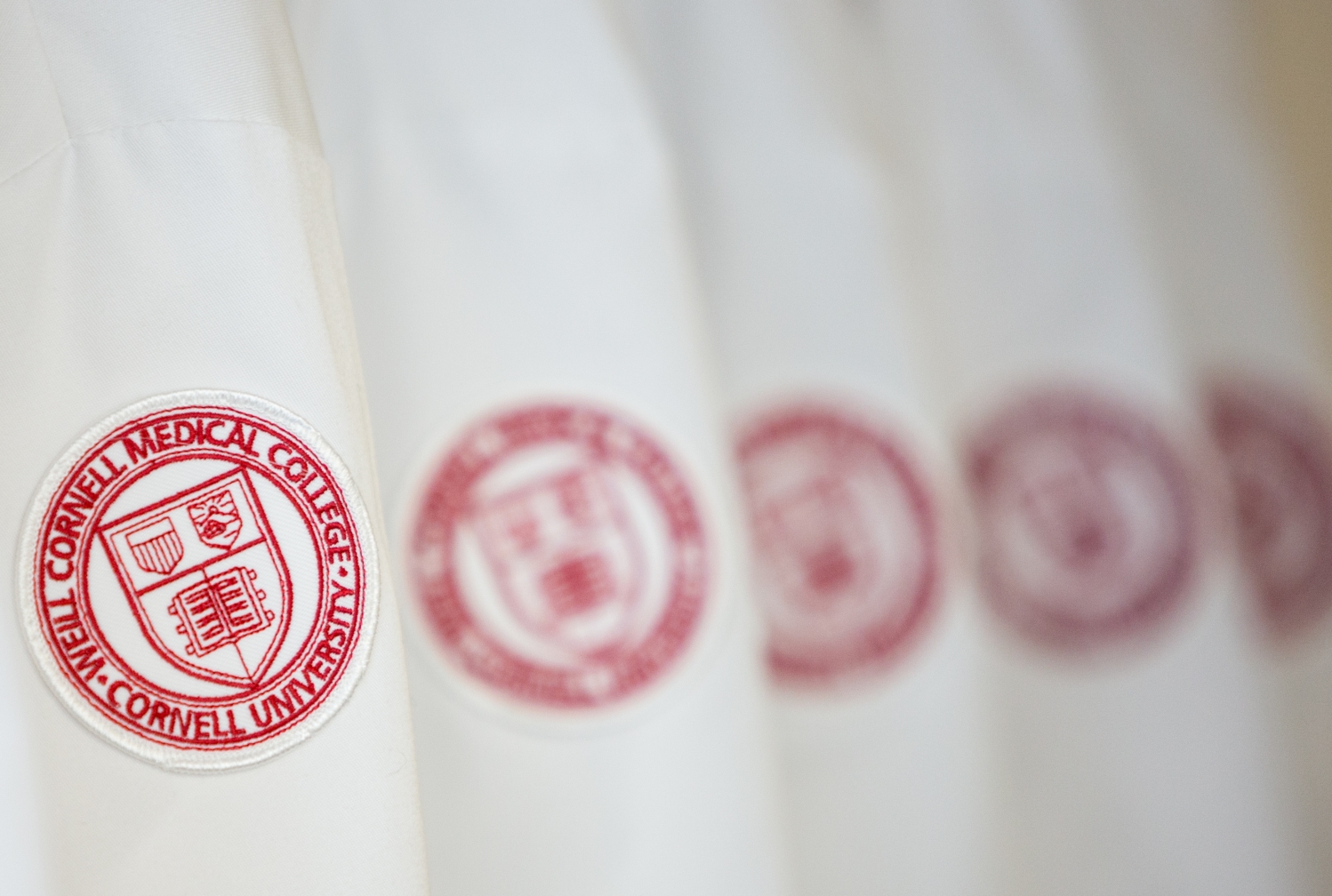Sometimes, Dr. Michael Berlin, M.D., bumps into his patients in the supermarket. It’s a perk of community medicine—or as he calls it, “old school medicine”— that attracted him to Ithaca’s Cayuga Medical Center (CMC), where he is a hospitalist. The clinical assistant professor of medicine at Weill Cornell Medicine had a taste of community medicine, a field for general practitioners who often handle a wide range of care for patients over many years of their lives, during an internal medicine residency elective offered through the Ithaca Medical Education program. The program provides hands-on clinical experience through two-week rotation for NewYork-Presbyterian/Weill Cornell Medical Center residents and six-week primary care clerkship for Weill Cornell Medical College medical students far from the large, metropolitan tertiary hospital that is their home base.
The program, a partnership among Weill Cornell Medicine, CMC and Gannett Health Services at Cornell University, will soon be expanded: A New York State rural training track grant will provide funding to launch a three-year primary care rural residency program that’s designed to support health equity efforts in sparsely populated areas, where there is a shortage of primary care doctors. Rural areas in the United States have an estimated 68 primary care doctors per 100,000 residents, compared to 84 per 100,000 in urban areas, according to the Robert Graham Center for Policy Studies in Family Medicine and Primary Care.
“There’s a pressing need for primary care doctors in rural areas,” says Dr. Adam Law, a clinical assistant professor of medicine at Weill Cornell Medicine and the chair of CMC’s Graduate Medical Education committee, which oversees implementation of the grant. He says the grant will not only bring more local residents into care, but also allow Cayuga Medical Center to recruit new physicians and increase referrals to those already practicing in the area, which is in the Finger Lakes region of New York State. “That’s good for medicine in general,” he says.
While CMC serves a college town that is surrounded by economically disadvantaged rural counties, “people tend to want to work in places they’re familiar with,” says Dr. Law, who helped launch the Ithaca Medical Education program in 2009 to encourage doctors-in-training to consider careers in medically underserved areas far from New York City. The new match grant provides $700,000 over about two years to implement the program, in which residents will spend one year at NewYork-Presbyterian/Weill Cornell on Manhattan’s Upper East Side, and two years at CMC. Residents may be able to participate as soon as 2019, once the program is certified and accredited. Those who grew up in rural areas will be given priority access to the program; an American Medical Association Physician record-keeping file shows that more than half of doctors tend to practice within 100 miles of their medical training.
Dozens of medical students and residents have completed a clerkship or rotation through the Weill Cornell Medicine Weill Department of Medicine-led Ithaca Medical Education Program, and it is now a requirement for internal medicine residents in the primary care track at NewYork-Presbyterian/Weill Cornell. Participants can perform home visits and help manage conditions such as asthma, diabetes, hypertension and neurological issues, which, in tertiary care hospitals, are typically referred to specialists. “They get refreshing, eye-opening exposure to how a community of doctors can work together,” says Dr. Byron Demopoulos, M.D. ’91, who was until recently the primary care clerkship director within the Office of Curriculum and Educational Development at Weill Cornell Medicine and an internist at NewYork-Presbyterian/Weill Cornell. “Physicians in Ithaca know each other and their patients in a longitudinal and familiar way. Many doctors are on a first-name basis with their patients and have followed them for years.”
While Dr. Berlin’s elective gave him a sense that CMC is a strong part of the surrounding community, it wasn’t until he began building his career in upstate New York that he recognized the great need for primary care doctors in the area. Now, he is actively recruiting other doctors to Ithaca, and he’ll take a lead role in launching the residency program until a director is named.
“I see a large volume of new patients that didn’t have care or had to wait a long time for care, and people who travel to Ithaca because there’s a doctor shortage in the town they live in,” says Dr. Berlin, whose wife also works in community medicine in Ithaca. “It’s my community now, and I want it to get the best healthcare it can.”

